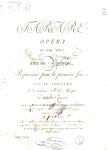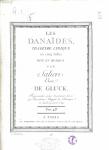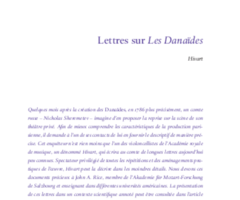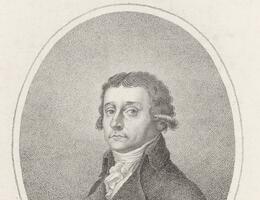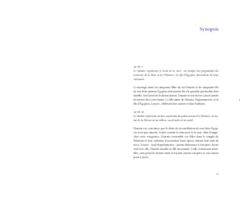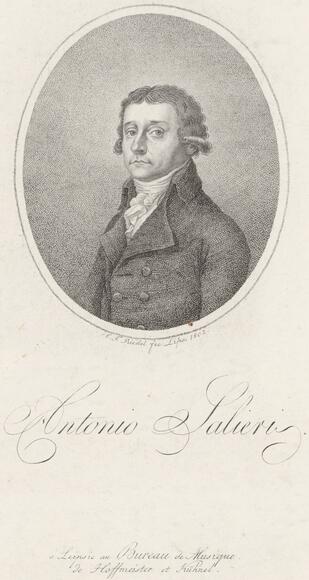
Antonio SALIERI
1750 - 1825
Composer
Born not far from Verona, Antonio Salieri received a basic grounding in music from his brother and a local organist. In Venice, he studied singing with Pacini and composition with Pescetti, who urged him to complete his studies with Gassmann in Vienna. There, Salieri conducted opera rehearsals and made his own debut as a stage composer in 1770. On Gassmann’s death in 1774, he took over his post as court composer in Vienna, which did not prevent him from having his operas performed in Italy or Paris in the years that followed. Appointed Imperial Kapellmeister in 1788, Salieri stepped up his teaching activities from 1790: his pupils, in singing or in composition, included none other than Beethoven, Schubert, Moscheles, Hummel, Liszt and Meyerbeer. Active in all fields, the musician was also instrumental in founding the Vienna Conservatory, of which he became director in 1817. His standing can be seen by the celebrations that were organised in the city to mark his fifty years of activity. His vast catalogue spans some forty richly orchestrated operas, in the tradition of Gluck, as well as works of sacred music, choral music, and a substantial number of instrumental pieces including concertos, symphonies and chamber music for wind. It is worth pointing out, too, that Salieri did not poison Mozart, contrary to the legend propagated by Pushkin’s novella Mozart and Salieri, which was Forman’s inspiration for his film Amadeus.
Works
Les Danaïdes
François-Louis Gand Le Bland DU ROULLET / Louis-Théodore de TSCHUDI / Antonio SALIERI
1784


